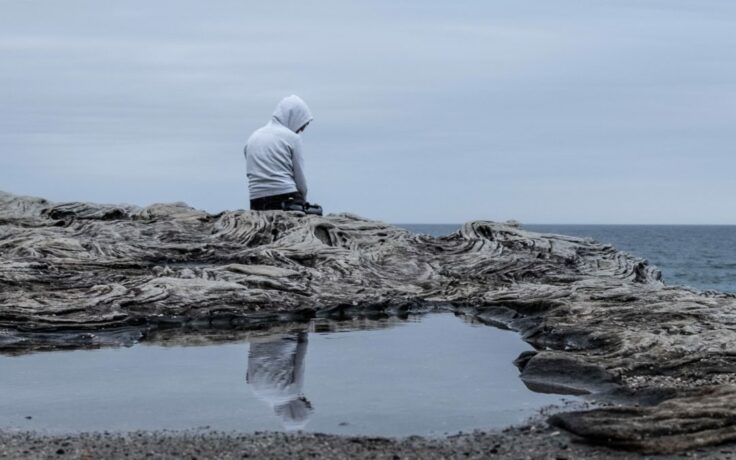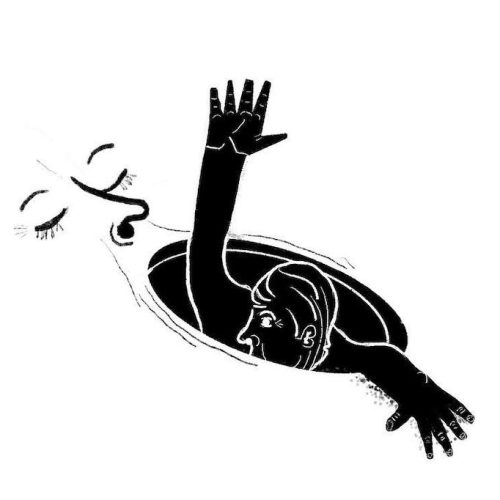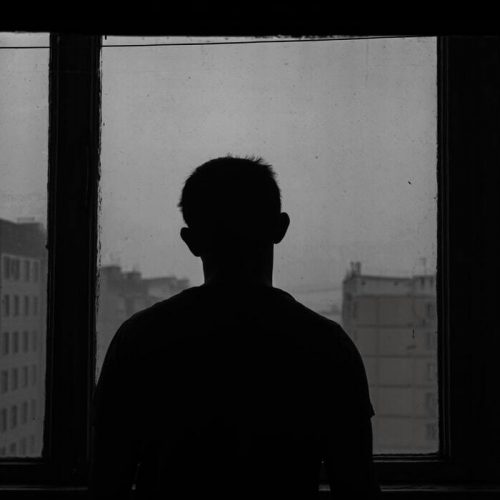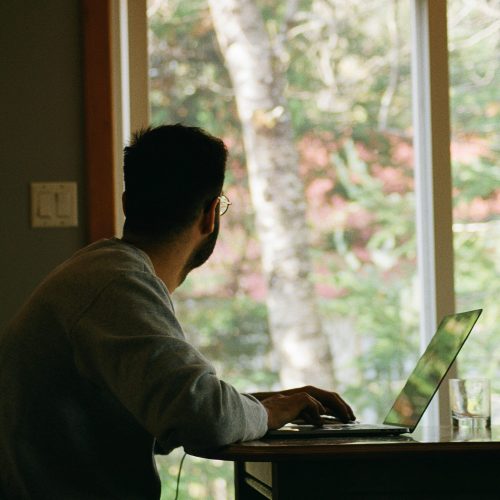The world might be slowly “returning to normal”, but we are not. According to studies, the Coronavirus has worsened the mental health of many young people; with POCs being the ones hit the worst.
“Will I be able to pay rent next month”? “It is safe to see my friends?”— these are just a few examples of the questions many of us are anxiously asking ourselves. And as fears are growing that the global recession could be particularly long and deep; not only are the answers out of reach, but it seems clear that the psychological effects of the crisis and the lockdown will outlast the pandemic.
Millennials, who already tend to make less money than their parents, have either lost their job, had their salary cut or—for the lucky ones still working full time—have seen their life become a bizarre and blurry mix of work, Zoom and sleep. Meanwhile, Gen Z already know that they will have to evolve and age into a historically terrible recession. And as young people seek comfort, they may also end up leaning on unhealthy coping mechanisms, like alcohol or drugs.
In the MENA region in particular, the IMF predicts economic growth to shrink 4.7 per cent this year. From Algeria to Dubai, the record drop in oil prices has left the region more exposed to fallout from the global recession. In Lebanon, the Coronavirus crisis has created a critical hyperinflation, plunging some parts of the population into famine.
According to a study published in 2017, depression and anxiety is the biggest mental health burden in the Arab world, and most importantly mental illness rates are higher than elsewhere in the world.
But how, in societies that still deem mental health a taboo or signs of the evil eye, can younger generations find professional support and moral comfort?
By fear of being judged, young Arabs rarely get to access the help they need. But now is our chance to debunk the myth surrounding mental health in the region. With many people opening up about the intimate parts of their lives that they once kept quiet, we have a collective opportunity to normalise feelings of vulnerability with each other. As we embark on our “new normal”, we are also confronting our increasingly unstable future. Despite this, 2020 could be the year that we make mental health-related conversations normal.
In times of crisis like ours, community is what can save us. And communities can only emerge once we talk about what we’re going through. Take a deep breath, you’re definitely not alone.









